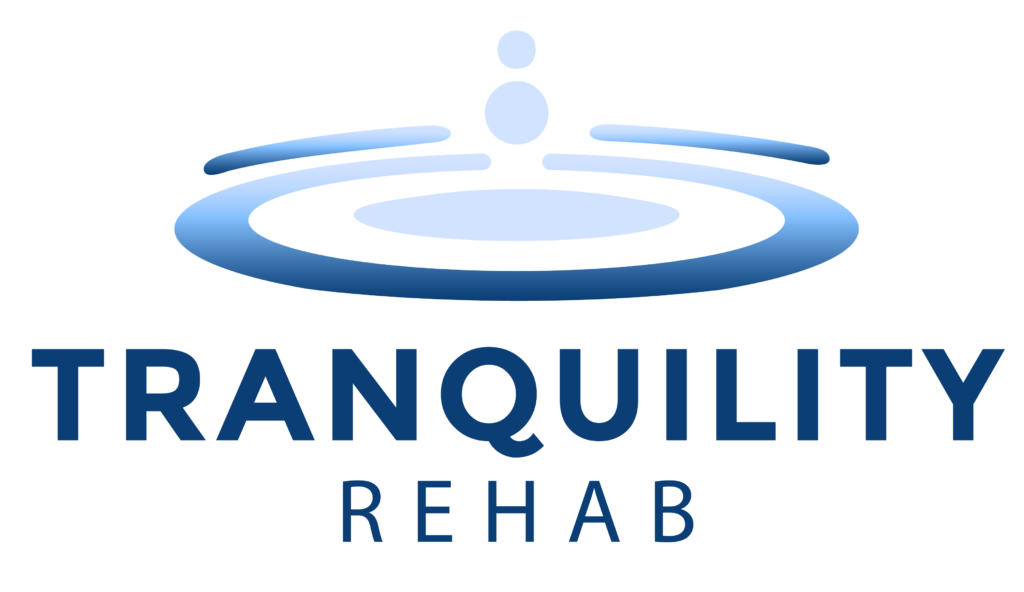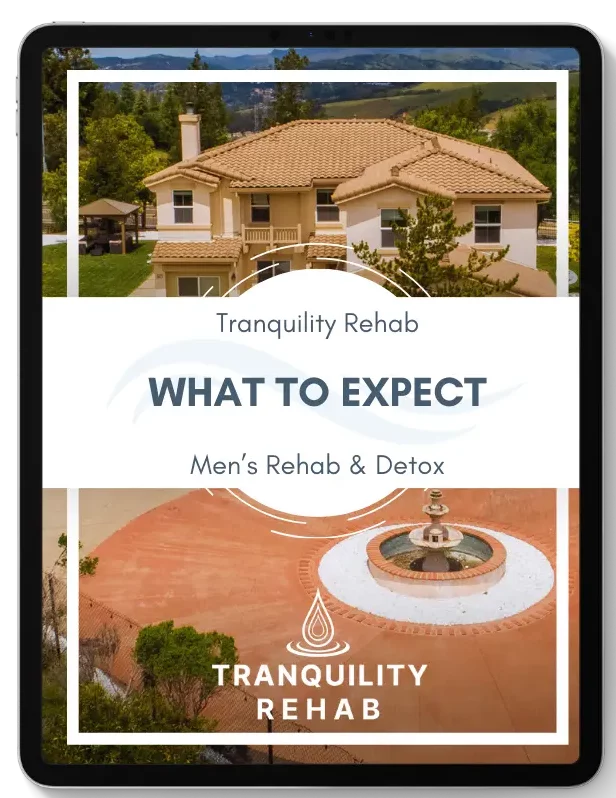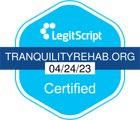Embarking on the path to overcoming addiction requires bravery and determination. However, societal support is equally crucial. While holding onto optimism throughout the journey is vital for individuals in recovery, stigma in addiction recovery presents a significant obstacle to their progress and well-being. This negative perception can take shape through treatment or feelings of disgrace. It can hinder those in recovery from reaching out for support or sharing their experiences openly.
Understanding the Impact of Stigma on Addiction Recovery
Stigma refers to a perception of individuals or groups due to perceived distinctions among them in society’s eye space. In the realm of substance use disorders (SUDs), stigma typically manifests as labeling of affected individuals as risky or untrustworthy with shortcomings. Such misguided assessments overlook the interplay of processes and environmental influences alongside psychological aspects that underlie addiction. According to the National Institute on Drug Abuse (NIDA), addiction can be regarded as a disorder because of how it impacts brain function and conduct, rather than a personal flaw. Misunderstandings are common. They tend to make people think that addiction is a decision or a moral flaw. This only adds to the stigma faced by those dealing with it.
A study conducted by the Substance Abuse and Mental Health Services Administration (SAMHSA) revealed that stigma can hinder individuals from seeking help for their mental health issues and delay their path to recovery. Fear of judgment or discrimination may deter many from accessing the support they require, ultimately leading to feelings of loneliness, embarrassment, and self-blame. This sense of isolation can exacerbate mental health struggles and increase the likelihood of setbacks during the recovery process.
Ways to Beat the Stigma in Addiction Recovery
One of the ways to fight against stigma in addiction recovery is by educating people about addiction and how it is viewed as a disease rather than a decision made by individuals themselves, according to research findings. Increasing awareness among the public about the aspects of addiction, which encompasses environmental influences, can lead to a shift in perspectives. Groups such as NIDA and SAMHSA offer support and knowledge to encourage comprehension and diminish biases.
Word-choice In Addiction Conversations
The choice of words when talking about addiction and rehabilitation can significantly influence how we perceive the situation at hand. It’s worth noting that terms like “addict” or “junkie” can have implications by oversimplifying a person to their struggles with addiction. Switching to person-centered language, such as “someone dealing with a substance use disorder,” puts the focus on the individual rather than on their condition. This shift in language can play a significant role in reducing stigma and encouraging understanding and compassion when discussing addiction issues.
Support Systems
Creating a network comprising supportive friends and family is not just a positive step; It’s a lifeline. It can positively impact one’s mental well-being by lessening self-judgment and fostering overall mental health improvement opportunities. Engaging in support groups and community initiatives allows individuals to establish connections with people who can relate to their journeys. Participating in 12-step programs or receiving assistance from peer support groups and counseling services offers reassurance and fosters hope among peers within an environment that combats societal stigma effectively.
Advocating for Policy Change
It is crucial to support policy reforms that decrease stigma in healthcare services, workplaces, and the criminal justice system. For instance, several states now enforce regulations that prohibit bias against individuals with a substance abuse disorder. Furthermore, policies ensuring treatment for health and addiction cases in healthcare facilities play a significant role in tackling stigma and guaranteeing that people access the necessary assistance they require. Advocating for these policy changes is a critical step in reducing the societal stigma associated with addiction.
Engage in Open Conversation
Talking openly about addiction and the journey to recovery can play a role in normalizing these struggles and fostering empathy among individuals facing challenges. While sharing stories of recovery can be empowering for those in the process and can shed light on the realities of addiction for others to understand better, it’s crucial to acknowledge and honor each individual’s comfort level when it comes to expressing their own experiences since not everyone may feel ready or secure enough to open up about their personal journey.
Healthcare Practitioner Education
Healthcare workers impact individuals’ recovery by providing support and care that can significantly influence treatment results. Programs that emphasize viewing addiction as an issue rather than a moral flaw can better prepare healthcare professionals to offer empathetic and fact-based treatment. A National Institutes of Health (NIH) study found that training healthcare providers in understanding addiction and using nonjudgmental language has been linked to better patient outcomes.
Tranquility Rehab: Helping Clients Overcome Stigma in Addiction Recovery
If you or someone close to you is facing addiction and in need of caring, judgment-free assistance, Tranquility Rehab is available to offer support. We recognize the obstacles that stigma can create during the path to healing. At Tranquility Rehab Center, our committed staff delivers treatment rooted in holistic and evidence-based approaches within a nurturing setting. Our initiatives address the psychological elements of recovery, empowering people to conquer stigma and reclaim command of their lives.
Tranquility Rehab provides customized addiction treatment programs that cater to the needs of each person seeking help for their addiction struggles. Our services include counseling sessions and group therapy, medical detox, and personalized aftercare strategies, all aimed at fostering sustained recovery. Get in touch today to discover how we can assist you or your loved one achieve lasting sobriety and well-being.




